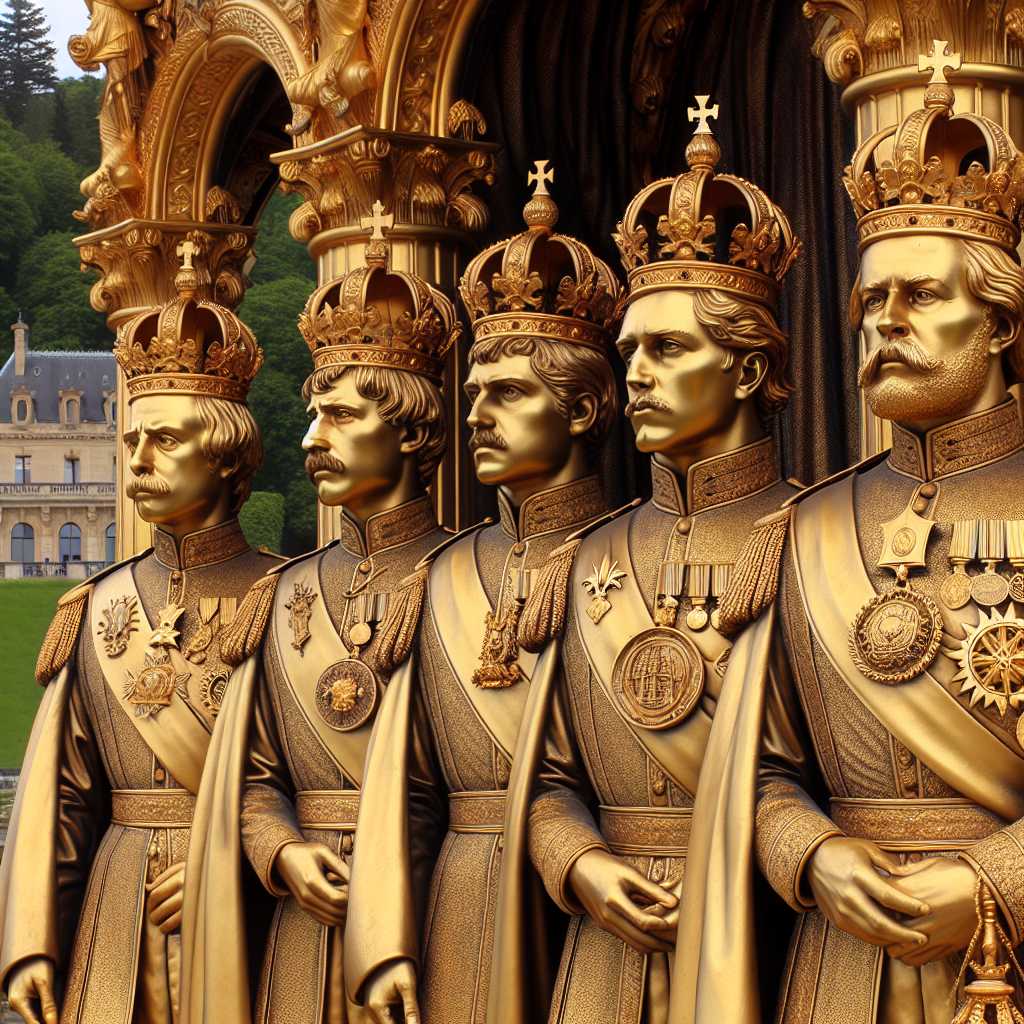The Aristocratic Concept of Nobility: A Historical Overview
Nobility, as a social class, has a rich history ingrained in the power structures and societal hierarchies of many cultures across the world. With roots tracing back to medieval Europe, the concept of nobility involves a plethora of traditions, duties, and privileges that have evolved over centuries. This article aims to explore the notion of nobility from its origins to contemporary implications, shedding light on how arterial ruling classes and esteemed families have influenced governance, law, economy, and culture.
From Warriors to Lords: The Evolution of Noble Classes in History
The early Middle Ages are often cited as the crucible for the creation of nobility as a distinct social class. During this period, warriors who swore fealty to monarchs or local rulers were rewarded with land and titles. This system fortified the fabric of feudal societies by constructing a hierarchal class system dividing those with hereditary privilege and those without.
The cultural foundations of nobility were largely based on landownership, military prowess, and loyalty to the crown. These values elevated the status of certain families over generations, leading to an entrenched societal elite characterized by their titles such as duke, marquess, earl/count, viscount, and baron. As Europe’s feudal system gave way to more centralized forms of governance, the role of nobility shifted but its essence remained a core institution in many states, adapting itself into the courts and administrations of emerging monarchies and empires.
Refining their role throughout history, nobles took on more political power, dictated customer instructions on manners or styles at royal courts, played pivotal roles in diplomatic relations, and served as arbiters for regional disputes. Their contribution to culture was also immense, often being patrons of arts and custodians of traditions.
Titles and Privileges: Understanding Noble Rights and Responsibilities
With noble titles came a plethora of privileges that extended beyond mere stature. Land rights afforded nobles considerable economic influence since agriculture was historically the backbone of European economies. Many noble families acted as semi-autonomous rulers within their own right by judging legal cases, collecting taxes, mustering armies, and managing local affairs.
However, these privileges came at the cost of certain responsibilities. Nobles were expected to provide counsel to the king or queen, attend court gatherings, and support the crown in warfare. Medieval chivalric codes also held them to high standards of conduct with expectations of honor, courage, generosity, and piety being romanticized aspects of noble culture even today.
Over time, changes such as revolutions, enfranchisements, and legal reforms majorly impacted the noble class’s influence within state affairs. Titles became increasingly ceremonial in many countries under constitutional monarchies where democracy diluted much of their actual power.
Noble Identity in the Modern World
The transition into modern nation-states prompted shifts in how nobility as an institution operated and was perceived by society. To this day in various countries, “the peerage” or nobiliary systems partake in national heritage though often sidelined politically. In realms such as art collections, historical knowledge preservation, philanthropy work relating to old family estates or landmarks preservation – noble families continue impacting cultural life.
Throughout Europe and beyond in places where hereditary peerages still exist; there is an intersection between aristocratic heritage and democratic momentum. The tensions between these constructs can showcase both respect for tradition alongside evolutions conforming to current socio-political norms.
